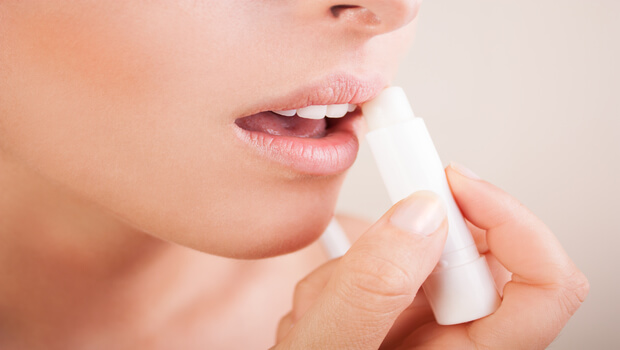
Some people think that skin cancer isn't a big deal, but that's a dangerously false assumption. Melanoma in particular is aggressive and deadly. So while it's important to protect your skin from the sun, it's also important to protect your skin from the inside to help avoid melanoma.
First, be cautious when choosing "hypoallergenic: products or those that claim to be "for sensitive skin,: especially if you do in fact have sensitive skin. The U.S. Food and Drug Administration does not regulate these terms, and there's no way to know whether these products truly live up to their claims or whether the sensitive skin in question is similar to your own skin.
All-natural is another term that's unregulated. Keep in mind that even natural products can be irritating. Or the natural ingredient might be combined with other additives or preservatives that irritate your skin.
How grape stem cells can offset UV exposure
This rich, shiny-smooth formula absorbs deeply to help repair and reduce visible signs of aging. Gentle Olive Oil Emulsifiers help smooth skin and deliver the kind of suppleness that really helps you look young.
Learn More Now
Even "fragrance-free: and "unscented: claims can be misleading. Believe it or not, products can be labeled "fragrance-free: even if they include fragrance chemicals. As long as those chemicals have been included for a purpose other than changing the scent of the product (such as for their moisturizing effects), the manufacturer doesn't have to say it's a fragrance. And "unscented: products may still include plenty of fragrance chemicals. They just may have been used to give an unpleasant-smelling product a neutral odor.
With all these confusing and misleading claims, it's important to find skin-care lines you trust and products that work well for your individual skin. Whenever you try out a new product, test it out on a small spot on your forearm first, particularly if you have sensitive skin. Then wait a week to see if you react. Allergic reactions can take some time to develop. Be particularly careful when your skin is inflamed. That's not the time to try out new products, as a compromised skin barrier will make you more sensitive than ever.
Finally, do be aware that you can develop a reaction to a skin-care product or ingredient over time. So even if you haven't made any changes to your routine, you may have become sensitized to something if you notice a new reaction. A visit to a dermatologist can help you identify the culprit, if needed. He or she can also help you select the products that are best for your sensitive skin, regardless of what the labels claim.
To your health, naturally,

Janet Zand
Source:
https://www.aad.org/media/news-releases/product-labels.